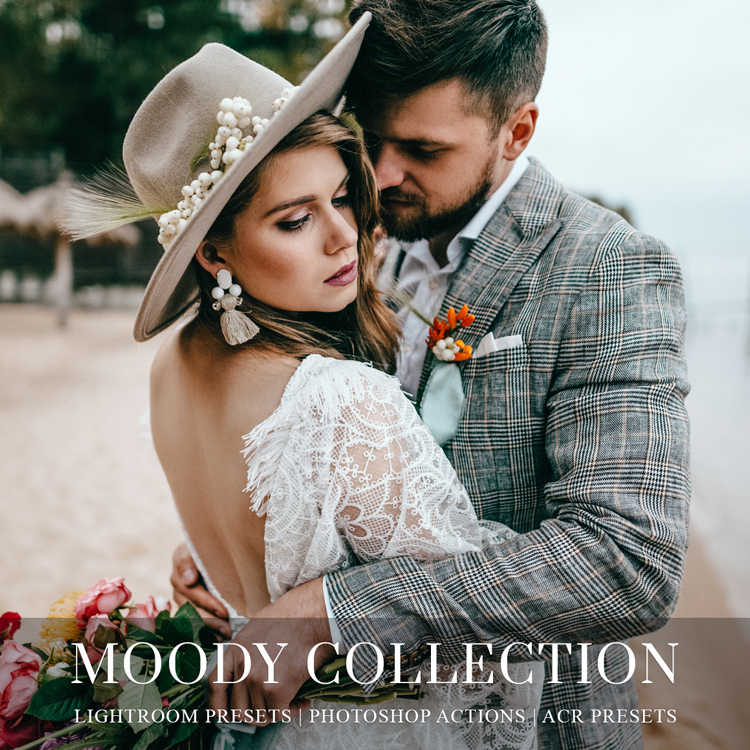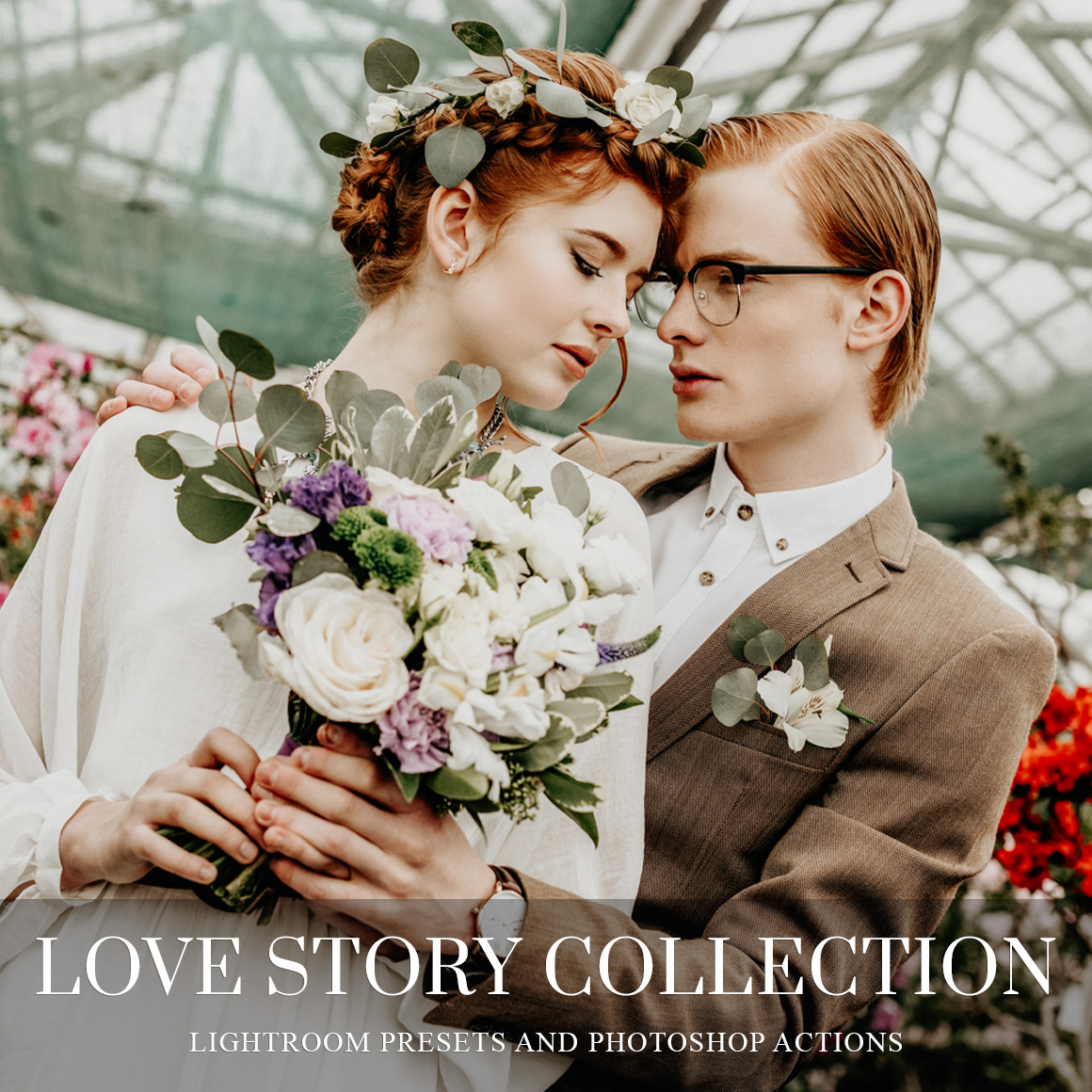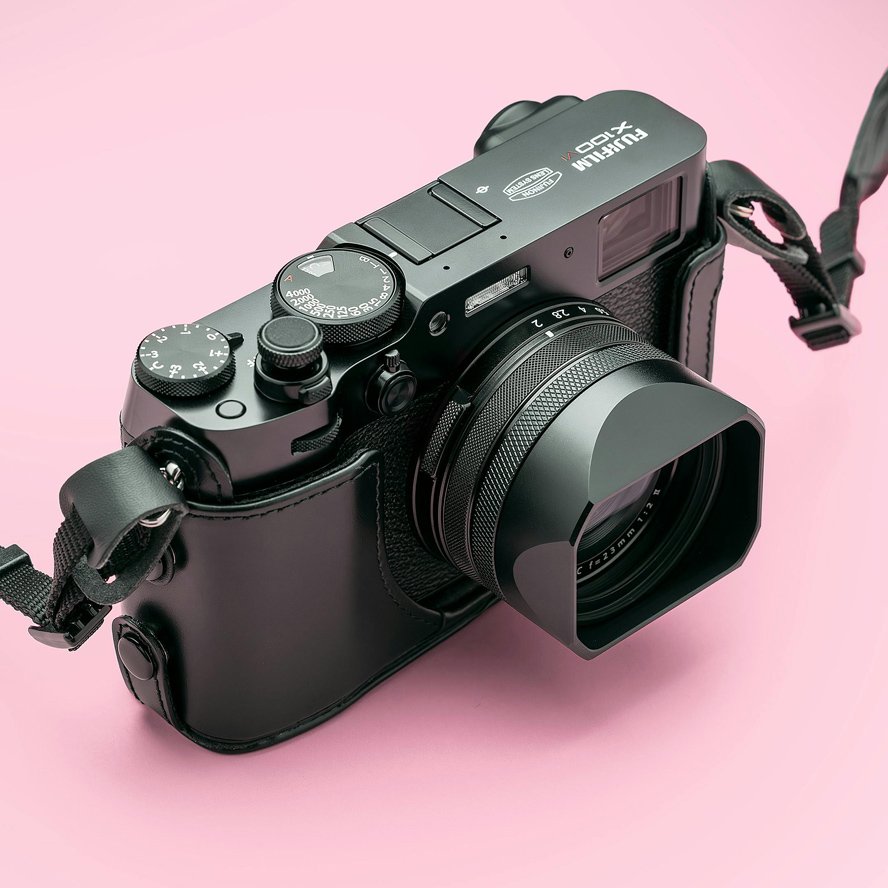control the look of your subject when taking a photograph
In photography, a balanced composition is essential. And one of the simplest methods to achieve balance when painting portraits is to use your eyes. This straightforward technique can significantly alter your portrait photography.
In portraits created using the "rule of thirds" or "golden mean," the subject is either to the left or right of the center of the frame. Advice: Once you've selected the primary composition, direct the model to face the "empty" area of the frame.
Keep in mind that this method works best when the area is not crowded with objects. The subject's attention gives the compositional element more weight.
Here are a few more illustrations of how the directional gaze is used successfully. Looking in this direction plays a crucial role: sometimes the vacant two-thirds of the frame looks intriguing with the addition of some element (falling leaf, railway lines).
As with any rule, there is always a chance that breaking it can bring good fortune. Just be aware of what your composition is conveying.
It may be interpreted as apathy if the subject spends the majority of the photograph gazing away. If there isn't enough weight in the empty space of the frame at the same time, the equilibrium can be seriously affected by the appearance.
And this is a fantastic illustration of how this rule is broken. The model's attention is turned in the opposite way, expressing the atmosphere the photographer aimed to capture, while the lights in the background fill the vacant two-thirds of the frame.




















